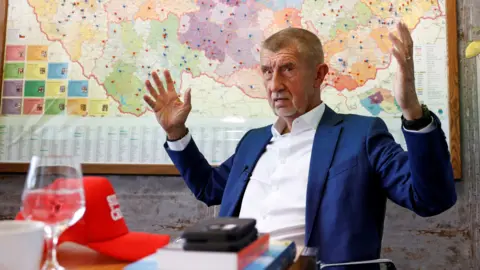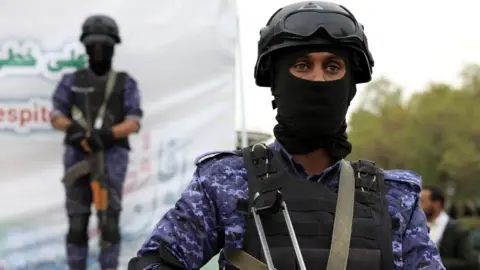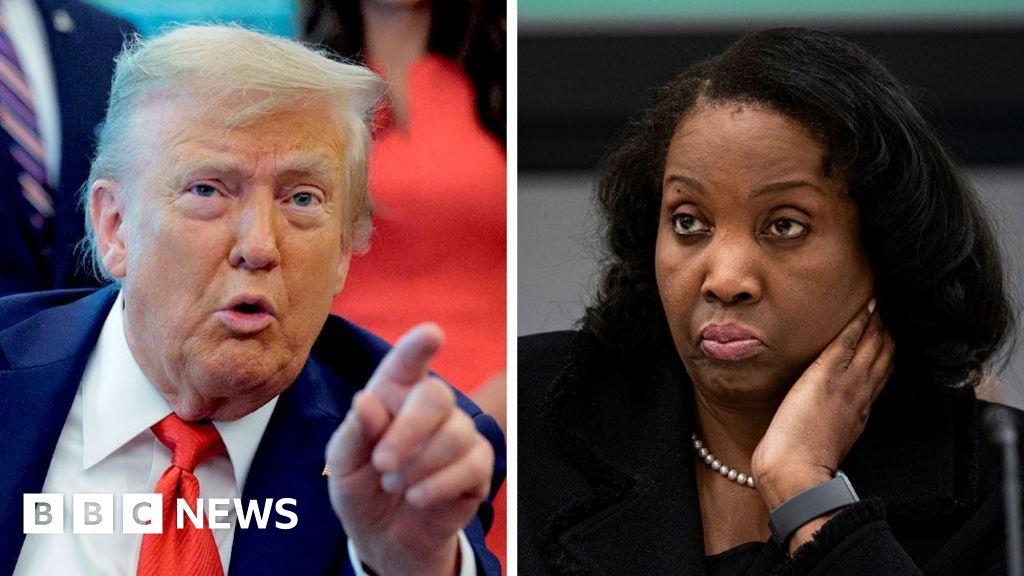Aid organizations voiced strong criticism against these cuts, emphasizing the devastating consequences for millions in poverty-stricken regions. Baroness Chapman, the minister for development, defended the changes as a necessary adjustment to ensure every taxpayer pound is utilized effectively. However, concerns persist regarding the prioritization of funds, especially considering the majority of reductions will impact bilateral support flowing directly to recipient countries, particularly in Africa, further exacerbating the struggles of marginalized communities.
The decision follows a line-by-line strategic review, aimed at improving efficiency and maintaining essential humanitarian operations in conflict zones like Gaza, Ukraine, and Sudan. Yet, critics argue that the imminent cuts could extend beyond this year, potentially affecting the future stability and growth of educational and health initiatives that many disadvantaged children and families rely on.
Organizations like Unicef and Street Child warned that these cuts will lead to dire consequences for children’s education and well-being. Unicef UK chief executive Philip Goodwin urged the government to implement a strategy focused on the needs of vulnerable children, while Street Child's CEO Tom Dannatt lamented the loss of vital educational opportunities for children in Sierra Leone, South Sudan, and the Democratic Republic of the Congo.
Given the rising scrutiny over foreign aid and shifting public opinion, the government has expressed intent to protect funding directed towards multilateral aid organizations, including the Gavi vaccine alliance and the World Bank’s International Development Association, emphasizing its continued role in supporting low-income countries. Nonetheless, analysts caution that failing to address the needs of Africa’s marginalized communities could result in long-term setbacks, undermining the progress made in education, health, and gender equality in the region.
The decision follows a line-by-line strategic review, aimed at improving efficiency and maintaining essential humanitarian operations in conflict zones like Gaza, Ukraine, and Sudan. Yet, critics argue that the imminent cuts could extend beyond this year, potentially affecting the future stability and growth of educational and health initiatives that many disadvantaged children and families rely on.
Organizations like Unicef and Street Child warned that these cuts will lead to dire consequences for children’s education and well-being. Unicef UK chief executive Philip Goodwin urged the government to implement a strategy focused on the needs of vulnerable children, while Street Child's CEO Tom Dannatt lamented the loss of vital educational opportunities for children in Sierra Leone, South Sudan, and the Democratic Republic of the Congo.
Given the rising scrutiny over foreign aid and shifting public opinion, the government has expressed intent to protect funding directed towards multilateral aid organizations, including the Gavi vaccine alliance and the World Bank’s International Development Association, emphasizing its continued role in supporting low-income countries. Nonetheless, analysts caution that failing to address the needs of Africa’s marginalized communities could result in long-term setbacks, undermining the progress made in education, health, and gender equality in the region.

















